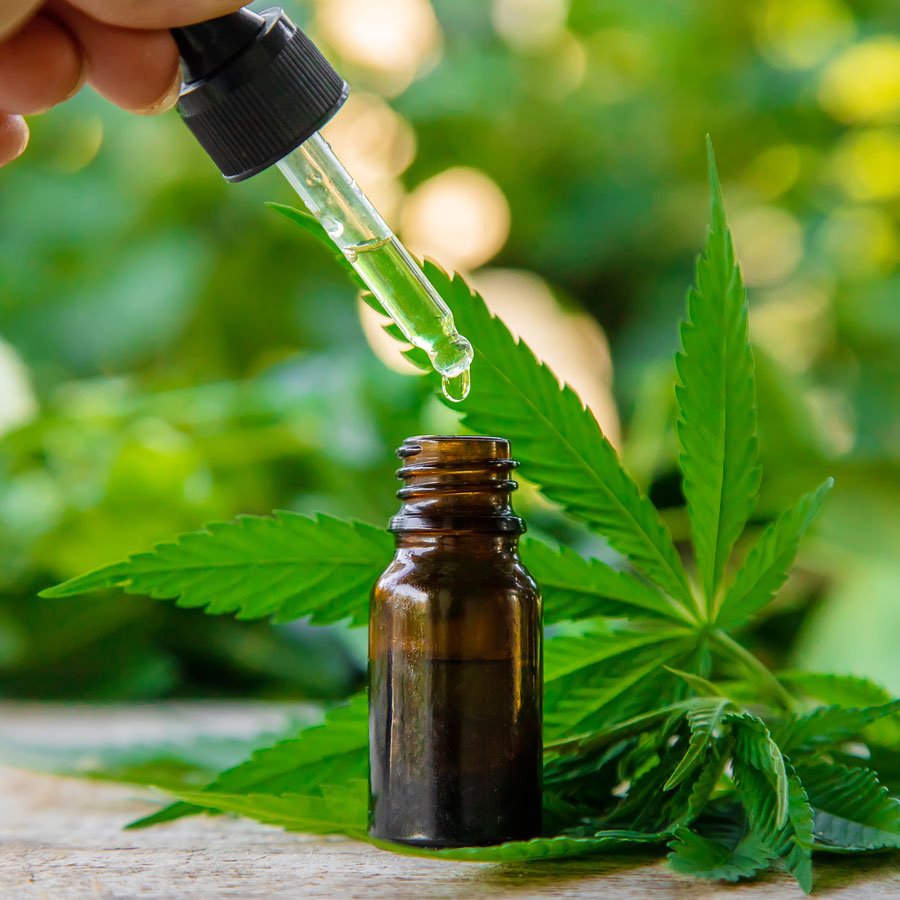As medical marijuana becomes more and more accepted, according to the new assessment, there is an increasing interest in its use in children and adolescents with developmental and behavioral disorders such as autism spectrum disorder (ASD) or attention deficit hyperactivity disorder (ADHD), according to a review published in the journal of developmental and behavioral pediatrics – Society for Developmental and Behavioral Pediatrics.
The benefits of medical marijuana
In developmental or behavioral disorders
While medical marijuana has a wide range of clinical benefits in adults, e.g. in the treatment of epilepsy, “Currently, there is scarcely sufficient evidence for use in pediatric developmental and behavioral conditions,” write experts.
Medical marijuana
Scarce adolescence research is alarming enough, states by the medical marijuana experts, head of the developmental medicine unit at Children’s Hospital and former president of the Developmental and Behavioral Pediatrics Association. But we’re really entering new areas when we’re considering administering medical marijuana to children, which has not been done in neurotypic children, not to mention people with developmental or behavioral problems. With the Cannabis Seeds online purchase such things are possible and the result is perfect.
Nevertheless, many Internet groups recommend using “medical marijuana” for children with autism, ADHD and other developmental and behavioral problems. These groups often cite evidence from animal studies or from a small number of clinical reports to determine the beneficial effect of medical marijuana in children. These useful effects happens to be likely to result from cannabinoids, that also use to benefit children with rare types of epilepsy, but have partial elated effects, because they have been deprived of tetrahydrocannabinol (THC), resulting in strong euphoric and neurotoxic effects.
These reviews, combined with the increased willingness of doctors to prescribe medical marijuana, may result in the issue of marijuana permits for curative, developmental or behavioral purposes for which there are no data on efficacy, safety or tolerance, the researchers write. They note that if medical marijuana research is conducted in terms of developmental and behavioral conditions, it is likely that it will be possible to use it in the form of extracts of a known dose, instead of herbal medical marijuana, which use to differ significantly in strength and results.


